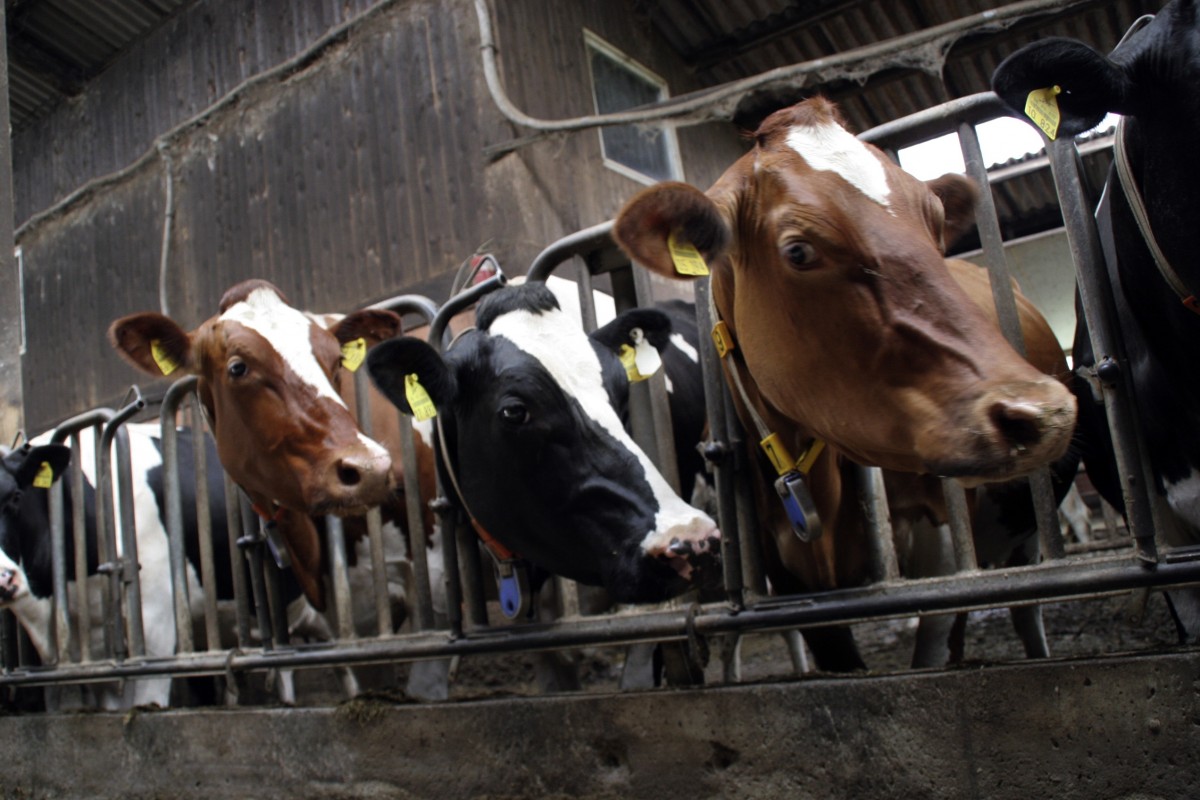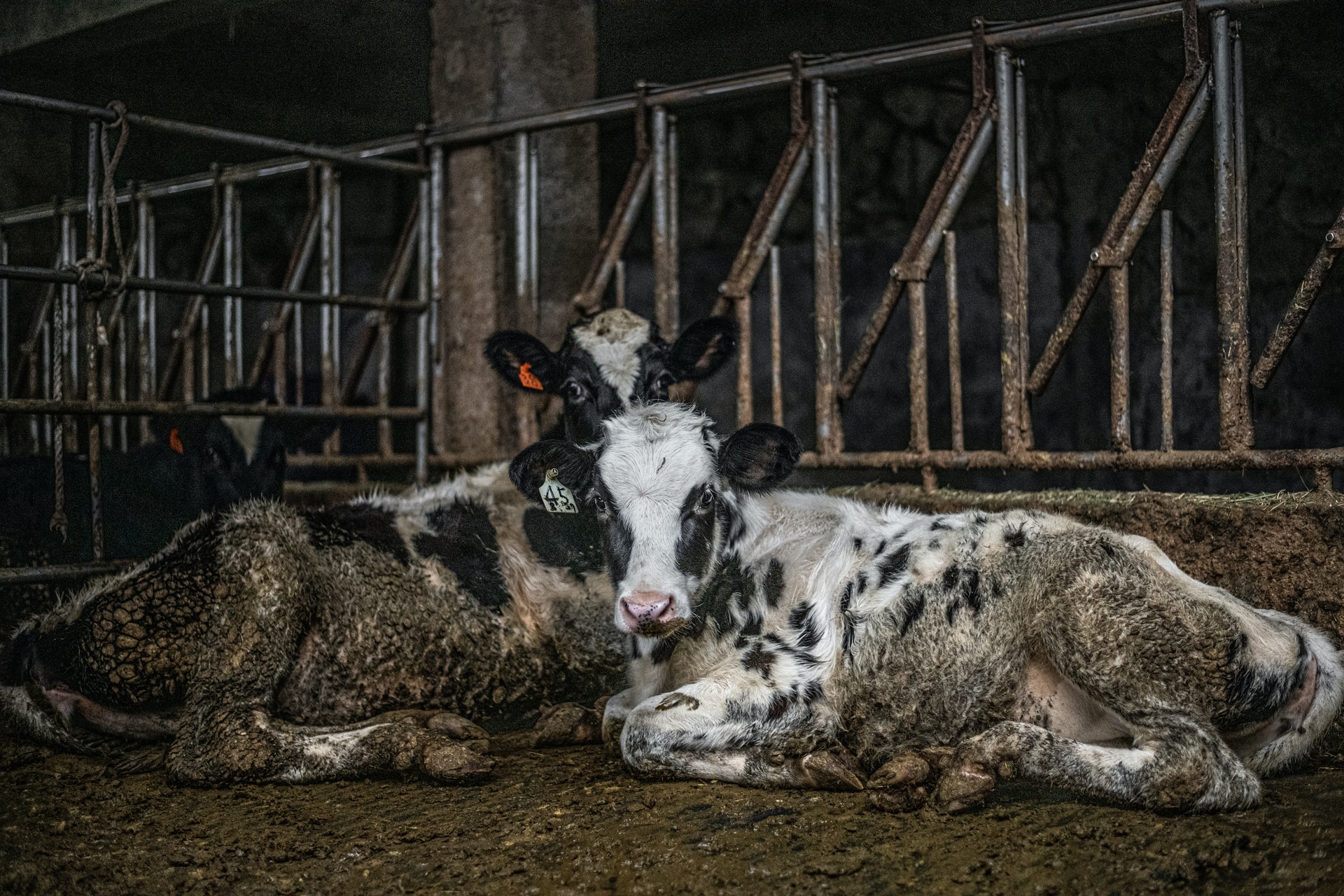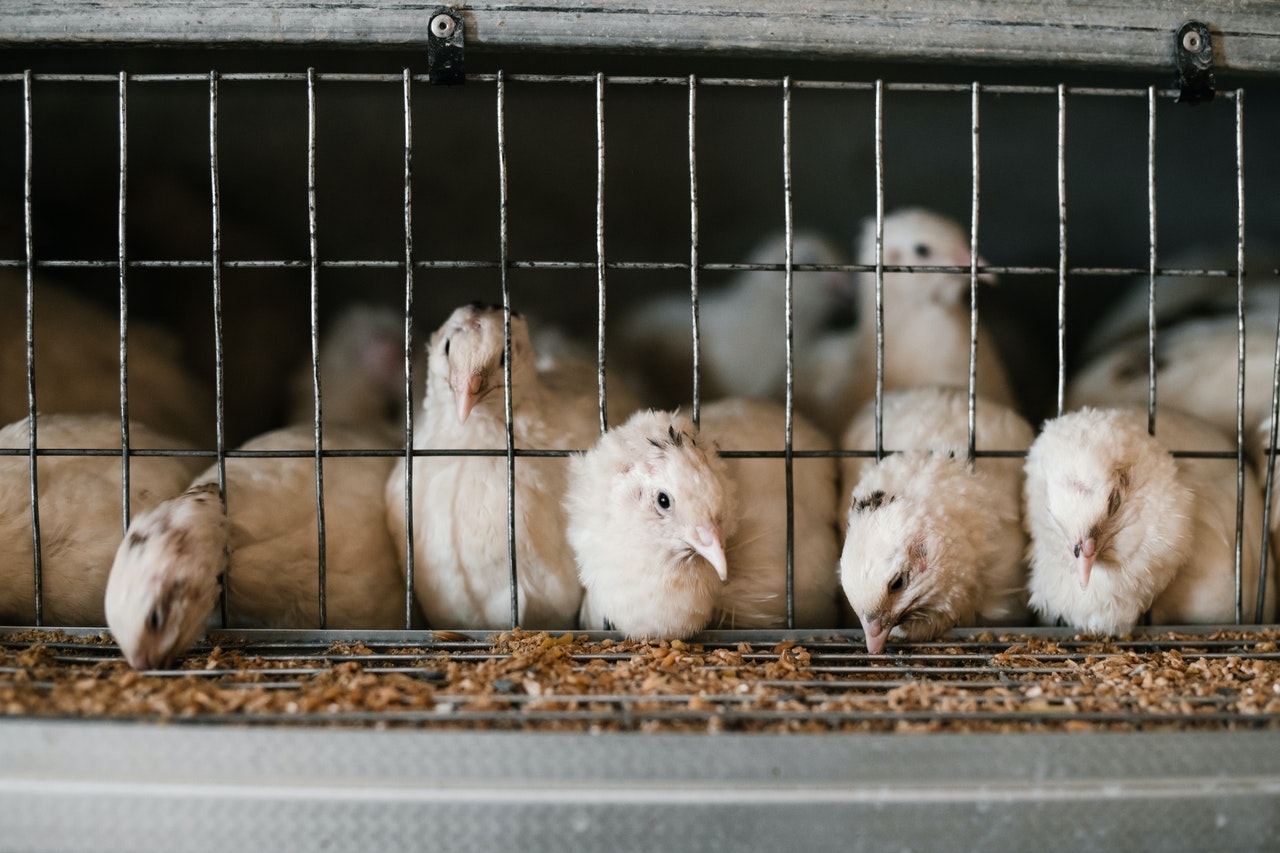
Why go Vegan? For Animal Liberation
Animals are viewed as commodities instead of as individuals. This has led to a situation of normalized animal abuse, where humans feel justified in enslaving and murdering animals by the trillions every year.
Jump to Section
Family Separation in the Animal Farming Industry
A routine and particularly disturbing industry practice is that of widespread family separation, even in highly social beings. For example, in the dairy industry, mothers have
their babies taken from them less than 24 hours after giving birth. This prompts a mourning process for the mother, and the baby will
then be placed in a solitary confinement hut until being either killed or forced to enter the dairy industry themselves.
Because cows are repeatedly forcibly impregnated to produce the most milk, this tragedy will play out multiple times over the course of her life, until she too will be killed after no longer being able to produce milk.

Anybody who has ever lived with and cared for a companion animal like a dog or cat can recognize that they have their own personhood, and there is no reason why we shouldn’t extend this recognition to other animals as well. In order to build a fairer world, we must first understand that the animals who humans exploit are similar to us in the ways that matter. Then it becomes clear that the solution is not to come up with more “humane” ways to enslave and exploit other animals, but to reject the notion that they are here for us to use in the first place. This is precisely the vegan principle. By adopting a vegan mindset, we can start to create a world where all are free from exploitation.
-
A Case Study on Cruelty to Farm Animals
Michigan Law Review
Despite being no less capable of suffering than dogs or cats, farm animals are denied meaningful protection while enduring "the most egregious forms of mistreatment at all stages of their lives.""There is a glaring need for a federal scheme that can truly ensure food safety and animal welfare."The "USDA’s relatively toothless animal handling regulations are extraordinarily out of step with the American public’s growing expectation that regulators will ensure animals raised for food are not needlessly tortured."The US lacks any federal system to ensure "consumers’ reasonable hope that farm animals be treated even remotely humanely." -
Long-Term Mental Consequences for Cows as a Result of Family Separation
University of Veterinary Medicine, Vienna
Early family separation has long-term negative effects on the cow.Cows raised with maternal contact were more active and motivated.Cows raised with their mothers were more social and competent as adults. -
Eating Misery: The Moral Question of Factory Farming
Fordham University
Factory farms have consistently chosen to pursue profit even in the fact of ethical violations.Factory farms are a direct threat to animal welfare, our environment, individual health, and worker rights.Animal protection legislation is lacking and often outright violated.Slaughter of land animals has more than doubled since 1980.

Key Data
Better Understanding the Ethical Cost of Animal Exploitation
Our culture's ever-growing demand for animal products carries with it a grave cost to the animals. By making a change, we can create a more peaceful and compassionate world.
~70 billion Land animals are killed each year.
~1 trillion Sea creatures are killed each year.
95% Of farm animals in the US are raised in factory farms. Most of these animals rarely see the sky.
85% Of farmers and their families support a ban on new industrial animal farming facilities.